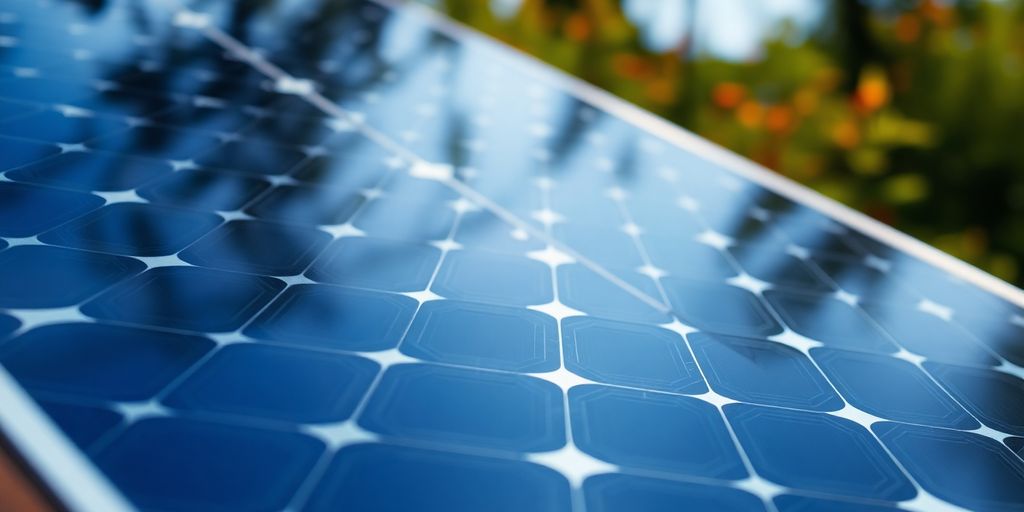Researchers at Abo Akademi University in Finland have made a groundbreaking advancement in organic solar cell technology, achieving an impressive efficiency of over 18% and a remarkable lifespan of 24,700 hours. This innovation addresses long-standing challenges in the field, paving the way for more effective and durable solar energy solutions.
Key Takeaways
- Efficiency: The new solar cells boast an efficiency exceeding 18%.
- Longevity: They have a lifespan of 24,700 hours, equating to nearly 16 years of operational life.
- Research Collaboration: The project involved collaboration with the Suzhou Institute for Nano-Tech and Nano-Bionics in China.
- Material Innovation: A novel passivation layer was applied to enhance performance and stability.
The Appeal of Organic Solar Cells
Organic solar cells have garnered attention due to their lightweight and flexible nature, along with energy-efficient manufacturing processes. Over the past five years, their power conversion efficiency has significantly improved, with many designs now exceeding 20% in laboratory settings. However, issues related to material degradation from environmental exposure have limited their widespread adoption.
Overcoming Historical Challenges
To address these challenges, researchers have explored alternative designs, such as structure-inverted organic solar cells. These designs prioritize durability by utilizing more stable materials in the top contact layer. Historically, however, their efficiency has lagged behind traditional solar cell designs.
Solving the Loss Mechanism
The research team identified a critical loss mechanism in structure-inverted organic solar cells. The bottom contact layer, typically made from metal oxides like zinc oxide, created a narrow recombination area that led to a loss of photocurrent, thereby reducing overall efficiency.
To combat this issue, the researchers introduced a thin layer of solvent-processed silicon oxide nitrate (SiOxNy) to the bottom contact. This innovative passivation layer effectively eliminated the recombination area, resulting in significant improvements in both efficiency and stability.
Implications for Future Production
The findings from this research not only address the loss mechanism but also hold promise for large-scale production of organic solar cells. The team believes that the lightweight and flexible design, combined with energy-efficient manufacturing, positions organic photovoltaics as a viable solution for sustainable energy.
By achieving record-breaking efficiency and longevity, this research marks a significant step toward making organic solar cells a practical and reliable choice for widespread use. The team emphasized the potential for utilizing this method in large-scale production, which could revolutionize the solar energy landscape.
The details of this groundbreaking research were published in the journal Nature, highlighting the importance of continued innovation in renewable energy technologies.

